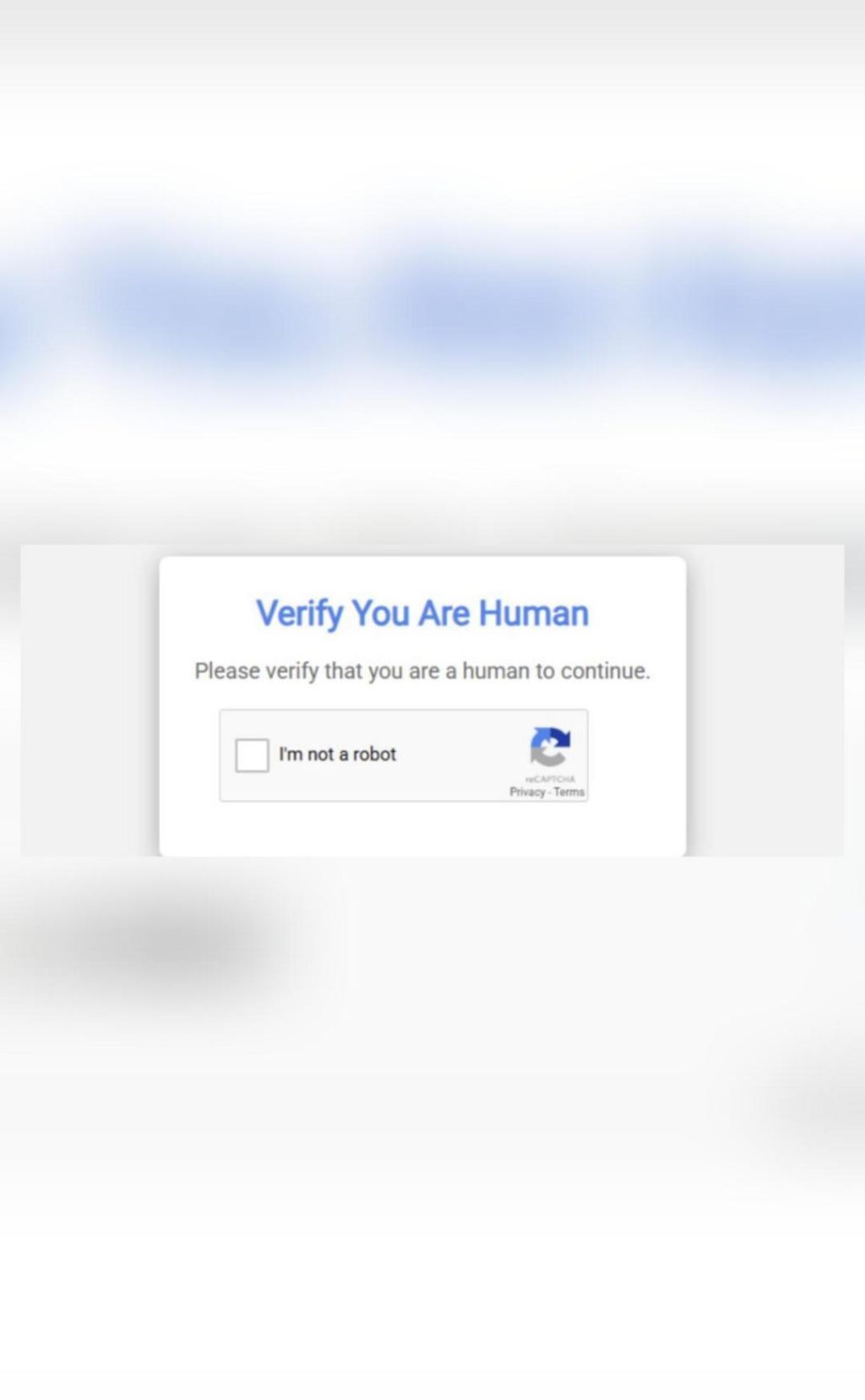
What is the Fake CAPTCHA Scam?
In today’s digital age, we are constantly bombarded with various forms of online scams and threats. One such threat that has been gaining popularity is the fake CAPTCHA scam. A fake CAPTCHA is a security challenge designed to look like a legitimate CAPTCHA but is actually a scam. Its purpose is to trick users into executing malicious code on their device, which ultimately downloads and executes malware from a malicious site, stealing sensitive information.
A CAPTCHA (Completely Automated Public Turing test to tell Computers and Humans Apart) is a security feature used to determine whether the user interacting with a website is a human or a computer. Legitimate CAPTCHAs are designed to test the user’s ability to recognize and enter distorted text or images, thus preventing bots and scripts from automated attacks.
On the other hand, fake CAPTCHAs are designed to trick users into thinking they are legitimate CAPTCHAs. These scammers use sophisticated techniques to create fake CAPTCHAs that are almost indistinguishable from the real ones. They might display a fake CAPTCHA on a fake website that looks like a legitimate site, or they might inject fake CAPTCHAs into a legitimate website.
How Fake CAPTCHAs Work
The fake CAPTCHA scam typically works in the following way:
- The user visits a fake website that looks like a legitimate site. This could be a fake login page, a fake online store, or even a fake social media platform.
- The fake website displays a fake CAPTCHA, which is designed to look like a legitimate CAPTCHA.
- The user is tricked into entering the distorted text or images, thinking it’s a legitimate CAPTCHA.
- As soon as the user enters the fake CAPTCHA, the malicious code is executed on their device.
- The malware downloads and executes from a malicious site, giving the attacker access to the user’s device and sensitive information.
Types of Fake CAPTCHAs
There are several types of fake CAPTCHAs that scammers use to trick users. Some of the most common types include:
- Fake CAPTCHA-injecting malware: This type of malware injects fake CAPTCHAs into legitimate websites, tricking users into entering the distorted text or images.
- Fake CAPTCHA-displaying malware: This type of malware displays fake CAPTCHAs on a fake website, tricking users into entering the distorted text or images.
- Fake CAPTCHA-phishing emails: Scammers use phishing emails to trick users into clicking on a link that displays a fake CAPTCHA.
How to Protect Yourself from Fake CAPTCHAs
To protect yourself from fake CAPTCHAs, follow these best practices:
- Be cautious when entering sensitive information: Never enter sensitive information such as passwords, credit card numbers, or personal details on a website that looks suspicious or untrusted.
- Verify the website’s authenticity: Before entering any sensitive information, verify the website’s authenticity by checking the website’s URL, looking for any typos or misspellings, and checking for any HTTPS protocol.
- Use a reputable antivirus software: Install and regularly update antivirus software to protect your device from malware and other online threats.
- Keep your operating system and browser up-to-date: Regularly update your operating system and browser to ensure you have the latest security patches and features.
- Use a CAPTCHA bypass tool: Consider using a CAPTCHA bypass tool that can help you bypass fake CAPTCHAs and prevent malicious code from executing on your device.
Conclusion
Fake CAPTCHAs are a serious online threat that can compromise your device and steal your sensitive information. To protect yourself from these scams, be cautious when entering sensitive information, verify the website’s authenticity, use a reputable antivirus software, keep your operating system and browser up-to-date, and consider using a CAPTCHA bypass tool. Remember, a fake CAPTCHA is a security challenge designed to look like a legitimate CAPTCHA but is actually a scam. Always be vigilant and take necessary precautions to protect yourself from online threats.
News Source:






